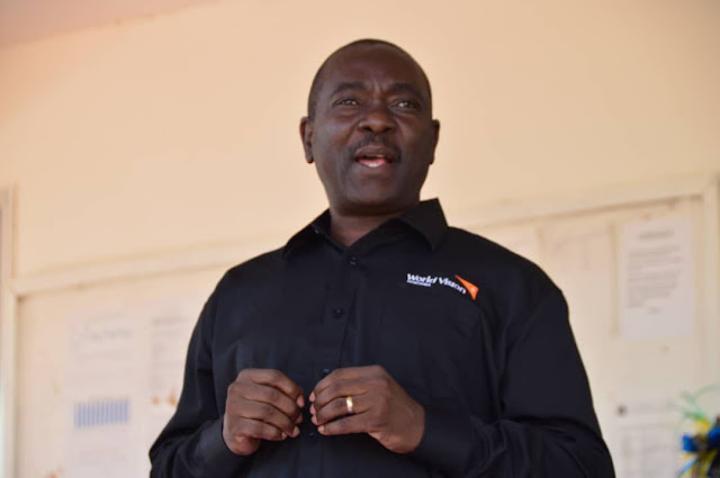Africa-Press – Tanzania. ARUSHA District Commissioner Joseph Mkude has emphasised that unlimited education remains a vital pillar for building an inclusive economy, enabling Tanzanians to acquire knowledge while safeguarding peace and security.
Mr Mkude made the remarks while officiating on behalf of Arusha Regional Commissioner, Mr Kenani Kihongosi, during the opening of an Entrepreneurship, Road Safety, Health and Environment Training for transport officers, particularly motorcycle taxi operators (bodaboda drivers), organised by the Tanzania Institute of Adult Education (TEWW).
He urged the participants to be resourceful, practise saving to attain economic independence and make the most of the knowledge gained including improving their reading, writing and numeracy skills, widely referred to as KKK.
The District Commissioner noted that the National Development Vision 2050 underscores knowledge, innovation and gender equality as foundations for national progress.
“Unlimited education is a key pillar in creating an economically competitive and socially prosperous nation,” he said. Statistics from the 2022 Population and Housing Census reveal sharp disparities in literacy across the region.
According to TEWW Director, Professor Philip Sanga, Arusha District leads with a 97.6 per cent literacy rate, followed by Karatu (97.6 per cent), Meru (93.5 per cent) and Arusha DC (89.4 per cent).
Longido ranks lowest at 56.2 per cent, while Monduli stands at 67.5 per cent.
“Longido and Monduli need greater attention to improve 3Rs skills. If we do not act now, we risk having a large number of elderly people in the future unable to read, write or count,” Prof Sanga cautioned.
He noted that although Arusha has a population of 2.36 million—1.13 million men and 1.23 million women—about 15.5 per cent still lack literacy skills. Nationally, around 17 per cent of Tanzanians remain illiterate.
“Without these skills, people cannot fully participate in economic and social activities. KKK skills are the foundation of development. Without them, it is difficult to run a business effectively, interpret road safety signs, calculate income and expenditure, or access credit facilities,” Prof Sanga stressed.
For More News And Analysis About Tanzania Follow Africa-Press







